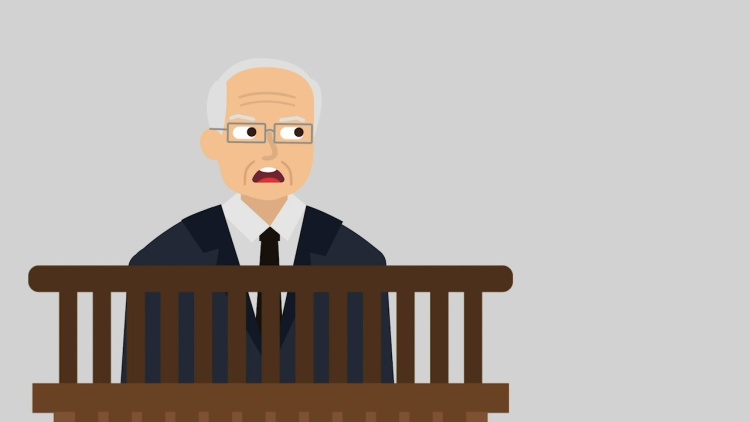Hunter v. Underwood
United States Supreme Court
471 U.S. 222 (1985)
- Written by Galina Abdel Aziz , JD
Facts
Victor Underwood, a white man, and Carmen Edwards, a Black person, were convicted of presenting worthless checks. Pursuant to Article VIII, § 182 of the Alabama Constitution of 1901, Underwood and Edwards were prohibited from voting. Article VIII, § 182 disenfranchised voters who were convicted of crimes of moral turpitude, such as presenting a worthless check and petty larceny. However, it did not include serious felonies like second-degree manslaughter or assaulting a police officer. The district court found that white supremacy and the disenfranchisement of Black voters was the major purpose for the convention for the Alabama Constitution of 1901. The court of appeals found that the delegates chose crimes that were thought to be committed by Black people more, that there was a disproportionate impact on Black voters, and that there was intentional discrimination.
Rule of Law
Issue
Holding and Reasoning (Rehnquist, J.)
What to do next…
Here's why 899,000 law students have relied on our case briefs:
- Written by law professors and practitioners, not other law students. 47,000 briefs, keyed to 994 casebooks. Top-notch customer support.
- The right amount of information, includes the facts, issues, rule of law, holding and reasoning, and any concurrences and dissents.
- Access in your classes, works on your mobile and tablet. Massive library of related video lessons and high quality multiple-choice questions.
- Easy to use, uniform format for every case brief. Written in plain English, not in legalese. Our briefs summarize and simplify; they don’t just repeat the court’s language.





